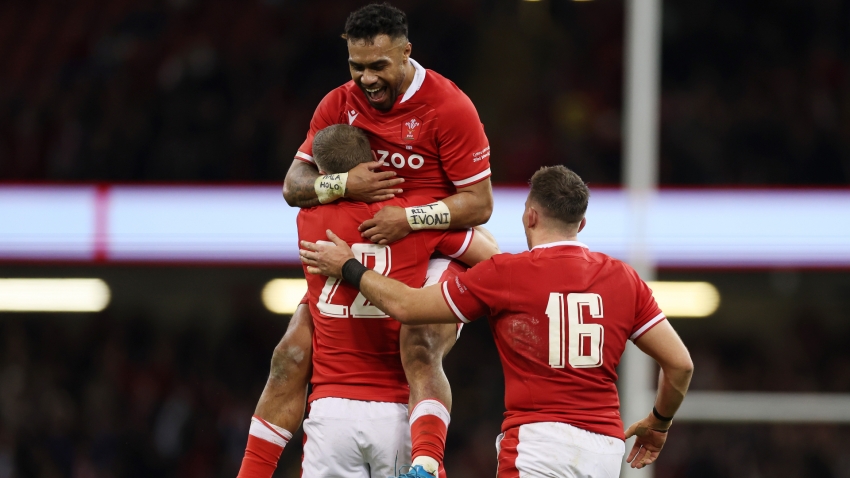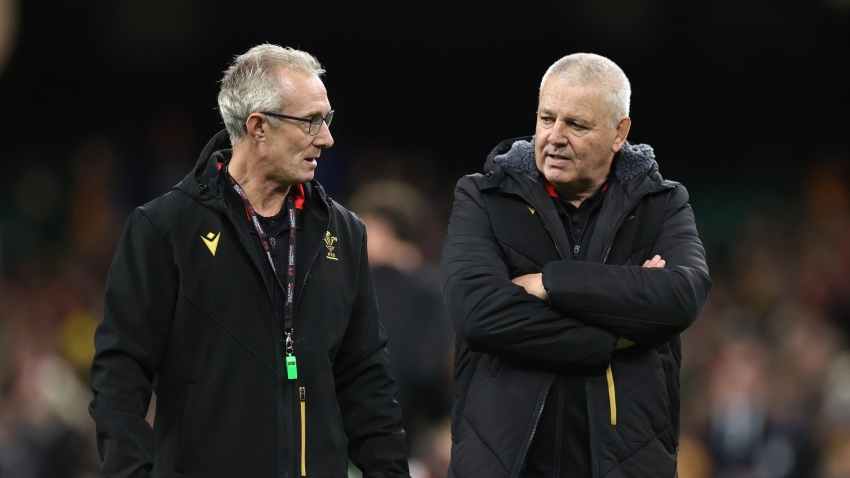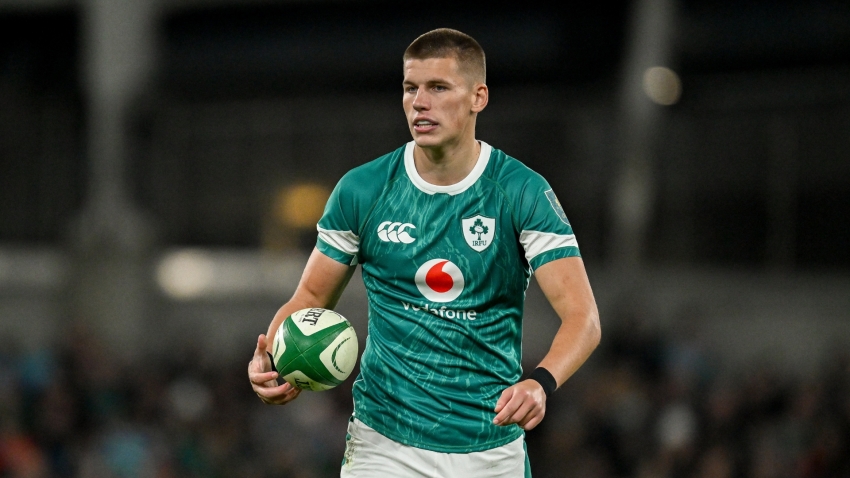Kieran McKenna believes Ipswich Town's Premier League clash with Manchester United will be the "biggest game in world football" this weekend.
United are in action under new manager Ruben Amorim for the first time since the Portuguese officially replaced Arne Slot as head coach.
While plenty of focus is on the visitors at Portman Road, Ipswich are fired up after beating Tottenham 2-1 before the international break.
That was Ipswich's first league win of the season – and their first in the Premier League in 22 years – and now attention turns to facing United.
McKenna, who previously coached United, said at a fan event this week: "Sunday, what a game. It's one we're really, really looking forward to.
"Not for the personal connection, but as manager of Ipswich Town, to be on that stage, it's what we've worked so hard for.
"It's the biggest game in world football anywhere this weekend, the biggest game in the world in the biggest sport in the world and it's at Portman Road."
Ipswich's surprise win at Tottenham last time out moved them up to 17th, while United are 13th after beating Leicester City 3-0 in Ruud van Nistelrooy's final game in caretaker charge.
Amorim took his first training session on Monday, albeit with many first-team stars away on international duty, and the former Sporting CP boss believes his style of play will be clear to see from the off.
"I think you will see an idea," he told the club's website. "You could like it or not, I don't know, but you will see an idea.
"You will see a positioning. You will see something that we want to reach that kind of level. You will feel that.
"We have to know it's [only] two trainings before the first match. This is the best league in the world. But if I have to say something to you, [it's that] you will see an idea. This I can guarantee."
PLAYERS TO WATCH
Ipswich Town - Liam Delap
Delap scored what proved to be Ipswich's winner against Tottenham and has now netted six of his side's 12 Premier League goals this term.
That makes the Manchester City academy product one of only three players to have scored at least half of his side's goals in the competition this season, along with Erling Haaland at City (55%) and Chris Wood at Nottingham Forest (53%).
Manchester United - Alejandro Garnacho
Garnacho was among the scorers against Leicester two weeks ago and has now been directly involved in 20 Premier League goals for United (13 goals and seven assists).
The Argentina international is one of only two non-British players to reach that figure for United before turning 21, along with Cristiano Ronaldo (25 goals).
MATCH PREDICTION: MANCHESTER UNITED WIN
Ipswich are seeking back-to-back Premier League wins for the first time since February 2022, with that run also beginning with a 2-1 victory against Tottenham.
The Tractor Boys are the only side in the competition without a home win this season. Only five newly promoted clubs have failed to win any of their first six home matches, all of whom went back down.
United have won 17 of their past 19 Premier League games against newly promoted opponents, meanwhile, including nine wins in a row in away fixtures.
The Red Devils were 1-0 winners on their most recent league trip to Portman Road in April 2022, but only once have they won successive league games away to Ipswich.
However, the Tractor Boys have lost four of their past five league matches against Man United, failing to score in each of those losses.
OPTA WIN PROBABILITY
Ipswich Town - 22.2%
Draw - 23%
Manchester United - 54.8%































